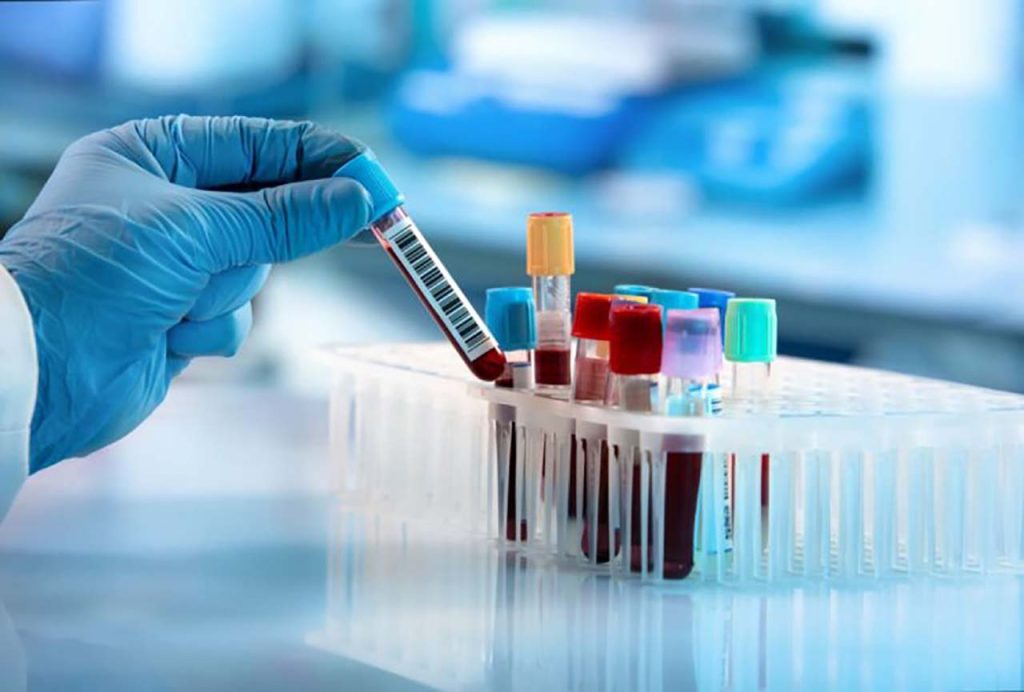ICD-10 codes are integral to laboratory services, serving as a universal system for documenting diagnoses, supporting reimbursement processes, and improving healthcare outcomes.
These codes guide healthcare providers in correctly classifying medical conditions and procedures related to laboratory tests, ensuring efficient billing and management of patient data.
This article examines the most common ICD-10 codes used in laboratory services, highlighting their importance and relevance in diagnostic testing.
Importance of Accurate ICD-10 Coding in Laboratory Services
Accurate coding ensures that laboratory services are reimbursed appropriately and that all patient conditions are documented clearly for clinical and billing purposes.
The role of ICD-10 codes extends beyond simple documentation—they help in tracking disease prevalence, influencing healthcare research, and improving clinical outcomes.
For laboratories, understanding and applying the correct ICD-10 code is crucial for smooth operations and healthcare compliance.
Common ICD-10 Codes Used in Laboratory Services
E11.9 – Type 2 Diabetes Mellitus Without Complications
Type 2 diabetes is one of the most common conditions in the United States, affecting over 34 million people. This ICD-10 code is frequently used for laboratory tests that assess blood glucose levels, HbA1c, and other diabetes-related markers.
Regular monitoring and testing are essential for managing the condition and preventing complications, making this code highly prevalent in laboratory billing.

I10 – Essential Hypertension
High blood pressure or hypertension, affects nearly 50% of adults in the U.S., and is a leading risk factor for heart disease and stroke.
This code is commonly associated with laboratory tests that assess cholesterol levels, lipid panels, kidney function, and cardiovascular health.
Given the prevalence of hypertension, this ICD-10 code is critical in the lab setting for routine screenings and monitoring.
R79.9 – Abnormal Findings of Blood Chemistry, Not Elsewhere Classified
This code is applied when a lab test indicates abnormal results without a clear diagnosis. It’s often used when lab results suggest the need for further investigation, but the specific cause is not immediately known.
It’s common in cases where the laboratory service performs diagnostics but requires clarification from the physician regarding the underlying condition.
N18.9 – Chronic Kidney Disease, Stage 1-4, Unspecified
Chronic kidney disease (CKD) is an increasingly common condition in the U.S., with an estimated 37 million adults affected.
This ICD-10 code is used when laboratory services conduct tests like serum creatinine and glomerular filtration rate (GFR) to assess kidney function.
CKD is often detected through lab tests before symptoms appear, making this code important for early detection and treatment.
Z12.11 – Encounter for Screening for Malignant Neoplasm of the Colon
This ICD-10 code is used for laboratory screenings focused on colorectal cancer, including tests for blood in the stool or other indicators that could suggest the presence of malignancy.
The code is primarily used for routine preventive screenings in patients who are at higher risk, such as those over 50 or with a family history of colorectal cancer.
Early detection through these screenings plays a key role in improving treatment outcomes, as it can lead to earlier intervention when the disease is more treatable.

J44.9 – Chronic Obstructive Pulmonary Disease (COPD), Unspecified
COPD, which includes chronic bronchitis and emphysema, affects around 16 million Americans. This code is used for laboratory tests related to lung function, including pulmonary function tests (PFTs) and respiratory panels. Regular lab testing is essential for monitoring lung health and tracking disease progression in COPD patients.
This code is crucial for respiratory-focused laboratory services, aiding healthcare providers in evaluating the effectiveness of treatments and interventions. It plays a key role in ongoing COPD management, helping to optimize care and improve patient quality of life.
B20 – HIV Disease
This code is essential in the lab for tests associated with HIV and AIDS, including viral load tests, CD4 counts, and genotyping. Regular laboratory testing is crucial for monitoring the progression of the disease, evaluating the effectiveness of treatments, and ensuring overall health management.
Over 1.2 million people in the U.S. are living with HIV, and continuous lab testing helps manage the disease and prevent complications. This code supports essential diagnostic and monitoring functions in HIV care, contributing to improved patient outcomes.
R73.9 – Abnormal Blood Glucose Level, Unspecified
The R73.9 code is used when a laboratory test reveals abnormal blood glucose levels, but the specific condition—whether prediabetes or diabetes—has not been determined.
It is commonly used during routine lab tests to assess a patient’s risk for diabetes or to monitor individuals with undiagnosed glucose abnormalities.
The code is essential in identifying potential health issues that may lead to diabetes, enabling healthcare providers to recommend further diagnostic tests or preventive measures to manage the condition.
M79.7 – Fibromyalgia
Fibromyalgia, characterized by widespread pain and fatigue, often requires lab tests to rule out other conditions or monitor inflammatory markers.
This code is used in conjunction with tests for autoimmune diseases, vitamin deficiencies, or markers of inflammation. While not a directly diagnosable condition via lab work, testing plays a crucial role in managing fibromyalgia symptoms.
Best Practices for ICD-10 Coding in Laboratory Services
Accurate ICD-10 coding is essential for proper reimbursement and to maintain compliance with healthcare standards. To ensure the coding process runs smoothly, laboratory professionals should:
- Maintain Detailed Patient Records: Ensure comprehensive documentation that justifies the choice of ICD-10 code based on test results and patient symptoms.
- Stay Updated with Coding Changes: Regularly review updates to ICD-10 codes to avoid errors in claims submission and ensure accurate reporting.
- Collaborate with Healthcare Providers: Work closely with referring physicians to clarify diagnoses and select the most accurate codes for laboratory tests.
- Use Specialized Coders: For complex or specialty tests (e.g., genetic or cancer-related testing), having coders with expertise in those fields can prevent errors and improve accuracy.
Conclusion
ICD-10 codes are fundamental for the efficient operation of laboratory services, ensuring proper documentation and reimbursement while aiding in patient care.
By understanding the most common ICD-10 codes and their usage in laboratory testing, healthcare providers can optimize their billing processes and contribute to improved clinical outcomes.
For laboratories seeking to streamline their operations and reduce the administrative burden, outsourcing laboratory medical billing can provide an effective solution to ensure accurate and timely claims processing.

With a strong background in the marketing industry and healthcare leadership roles, Filip is responsible for CLICKVISIONBPO’s sales strategies and onboarding new clients. With a passion for sharing insights gained from his experience, he also shares valuable knowledge through industry related articles.
